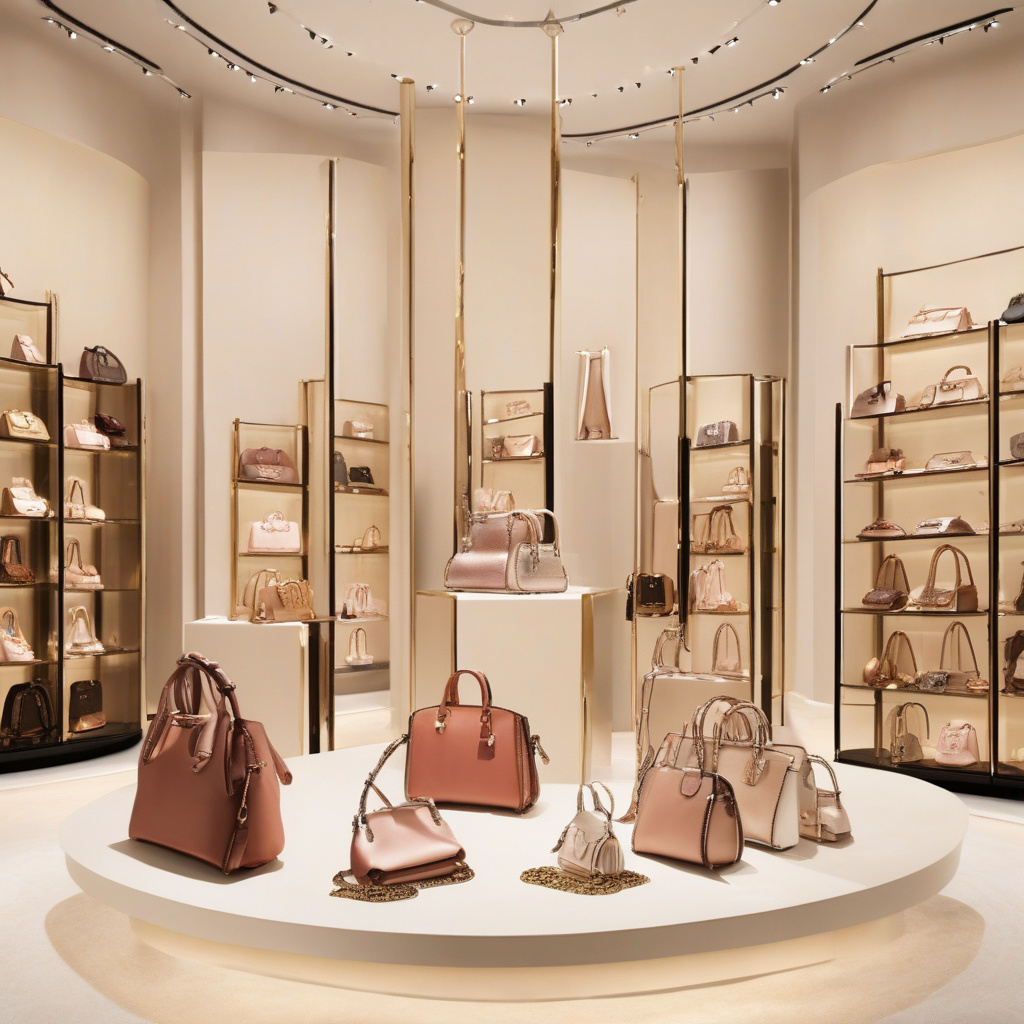Luxury Counterfeiters Are Outsmarting the Industry
In the world of luxury goods, authenticity has always been a key selling point. The allure of owning a genuine designer handbag or a Swiss-made watch is not just about the item itself but also about the prestige and quality that come with it. However, as purveyors of secondhand luxury goods are finding out, the battle against counterfeiters is becoming increasingly difficult, with these illicit manufacturers employing ever more sophisticated methods to create convincing fakes.
Counterfeiting is big business, with the global market for counterfeit goods estimated to be worth hundreds of billions of dollars annually. Luxury brands have long been prime targets for counterfeiters due to the high value and desirability of their products. While in the past, spotting a fake luxury item might have been relatively easy due to lower-quality materials or shoddy craftsmanship, counterfeiters today are producing items that are virtually indistinguishable from the real thing.
One of the ways in which counterfeiters are outsmarting the industry is through the use of advanced technology. With the advent of 3D printing, for example, counterfeiters can now create high-quality replicas of luxury goods with a level of precision that was previously unattainable. This technology allows them to replicate even the smallest details of a designer item, making it extremely difficult for even experts to tell the difference.
Another tactic employed by counterfeiters is the use of authentic materials. In the past, counterfeit luxury goods were often made from cheap, inferior materials that made them easy to spot. Today, however, counterfeiters are obtaining high-quality materials through a variety of means, including smuggling or sourcing them from the same suppliers used by legitimate brands. This means that a fake handbag or watch can feel and look just like the real thing, making it challenging for customers to discern whether they are buying an authentic item or a counterfeit.
The rise of online marketplaces has also made it easier for counterfeiters to reach a wider audience. With the proliferation of online platforms where individuals can buy and sell luxury goods, it has become increasingly difficult for customers to verify the authenticity of the items they are purchasing. While some platforms have implemented measures to combat counterfeiting, such as authentication services, the sheer volume of listings makes it a daunting task to police effectively.
The question then arises: do customers care if they are buying counterfeit luxury goods? Surprisingly, the answer is not always a straightforward “no.” Some consumers knowingly purchase counterfeit items as a way to access the luxury lifestyle at a fraction of the cost. For them, the allure of owning a designer handbag or watch is more about the status and perception that comes with it rather than the actual product itself. In these cases, the line between authentic and counterfeit becomes blurred, with customers valuing the symbol of luxury over its authenticity.
However, for many others, the purchase of a counterfeit item can be a source of disappointment and frustration. Discovering that a prized possession is in fact a fake can not only be a blow to one’s ego but also a waste of hard-earned money. The emotional and financial impact of falling victim to counterfeiting can be significant, leading to feelings of betrayal and distrust towards the brands themselves.
In conclusion, the battle against luxury counterfeiters is an ongoing struggle for the industry. As these illicit manufacturers continue to innovate and outsmart traditional authentication methods, it is becoming increasingly challenging for purveyors of luxury goods to protect their brand integrity. While some customers may not mind owning a counterfeit item, many others place a high value on authenticity and the trust that comes with it. As the industry grapples with these challenges, finding ways to combat counterfeiting and educate consumers about the risks of purchasing fake goods will be crucial in maintaining the allure and exclusivity of luxury brands in the digital age.
luxury, counterfeiters, secondhand goods, authenticity, online marketplaces












